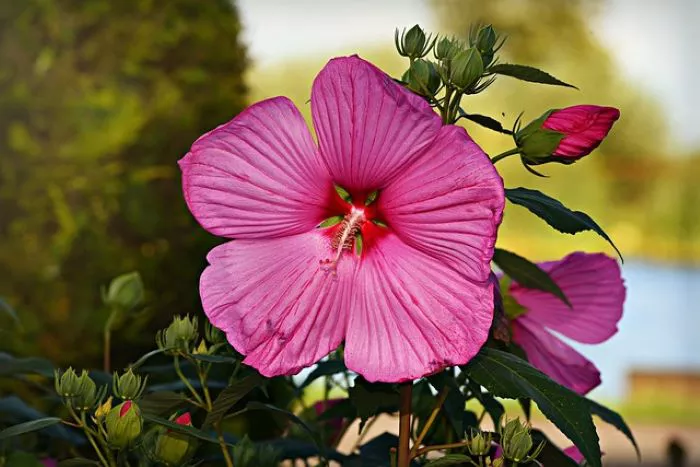Flowers are not only beautiful but also play a crucial role in the health of our planet. They contribute significantly to the ecosystem, support biodiversity, and provide essential services that benefit both the environment and humanity. Understanding how flowers help the Earth can inspire us to appreciate and protect these vital components of nature. This article will explore the various ways flowers contribute to the environment, including their roles in pollination, ecosystem support, and climate regulation.
Supporting Pollination
One of the most important functions of flowers is their role in pollination. Flowers attract pollinators such as bees, butterflies, birds, and bats with their vibrant colors and sweet scents. When pollinators visit flowers to collect nectar, they inadvertently transfer pollen from one flower to another. This process enables fertilization, leading to the production of seeds and fruits.
Pollination is essential for the reproduction of many plants, including a significant number of crops that humans rely on for food. It is estimated that about one-third of the food we consume depends on pollination by animals. Without flowers and their ability to attract pollinators, many plants would struggle to reproduce, leading to decreased food production and biodiversity.
Enhancing Biodiversity
Flowers contribute to biodiversity by providing habitats and food sources for various organisms. Different flower species attract different types of pollinators and other wildlife. This diversity in plant life supports a wide range of species, creating a balanced ecosystem.
In addition to supporting pollinators, flowers also provide resources for other animals. Many species of birds, insects, and mammals rely on flowers for nectar, pollen, and seeds. This interconnectedness highlights the importance of flowers in maintaining healthy ecosystems. A diverse ecosystem is more resilient and better able to withstand environmental changes, such as climate fluctuations and habitat loss.
Improving Air Quality
Flowers and plants play a vital role in improving air quality. Through the process of photosynthesis, flowers absorb carbon dioxide and release oxygen. This process helps to reduce greenhouse gases in the atmosphere, contributing to cleaner air.
In addition to carbon dioxide absorption, flowers can also help filter pollutants. They capture dust, smoke, and other particulate matter, which can improve air quality in urban and rural areas alike. By promoting healthier air, flowers contribute to the well-being of all living organisms, including humans.
Soil Health and Erosion Control
Flowers play a significant role in maintaining soil health. Their roots help to anchor the soil, preventing erosion caused by wind and water. This is particularly important in areas prone to soil degradation, where flowers can stabilize the soil and promote the growth of other plants.
Moreover, flowers contribute to soil fertility through the decomposition of organic matter. When flowers die, they break down and release nutrients back into the soil, enriching it for future plant growth. Healthy soil is essential for agriculture and natural ecosystems, supporting a wide variety of plant and animal life.
Climate Regulation
Flowers and the plants they belong to play a role in climate regulation. By absorbing carbon dioxide during photosynthesis, they help mitigate climate change. The more flowers and plants present in an area, the greater their capacity to sequester carbon, which is crucial for combating global warming.
Additionally, flowers can influence local climates. They provide shade and release moisture through transpiration, which can help cool the surrounding environment. This effect is particularly important in urban areas, where heat islands can create excessively high temperatures.
Aesthetic and Psychological Benefits
While the ecological benefits of flowers are significant, their aesthetic value also contributes to human well-being. Flowers enhance the beauty of landscapes, parks, and gardens, providing spaces for relaxation and enjoyment. Studies have shown that exposure to flowers and green spaces can reduce stress, improve mood, and enhance overall mental health.
Gardening and caring for flowers can also foster a sense of connection to nature. This connection encourages individuals to appreciate the environment and take action to protect it. By cultivating flowers, people can contribute to biodiversity and support local ecosystems, creating a positive feedback loop for both nature and human well-being.
Conclusion
Flowers are vital to the health of the Earth in many ways. They support pollination, enhance biodiversity, improve air quality, contribute to soil health, and help regulate the climate. Additionally, their beauty and presence provide psychological benefits to humans, fostering a deeper connection to nature. Understanding the importance of flowers encourages us to protect and preserve them. By appreciating the role of flowers in our ecosystems, we can contribute to a healthier planet for future generations.


